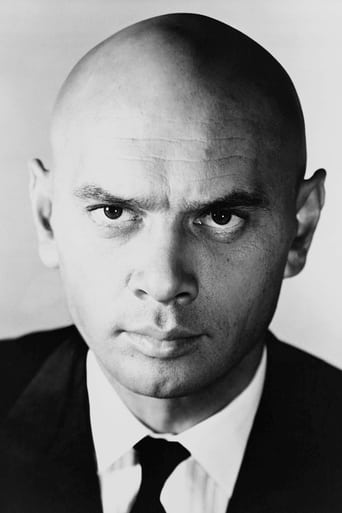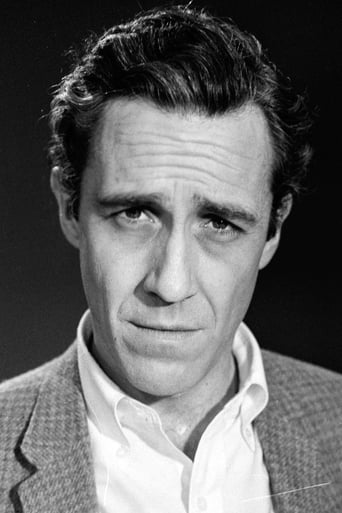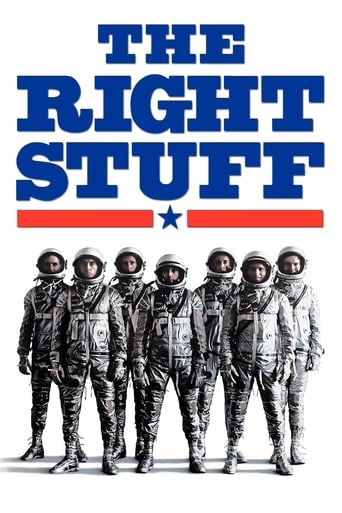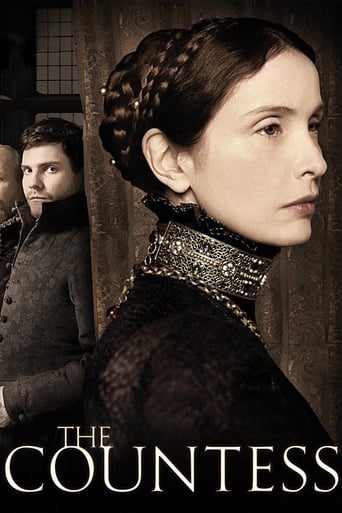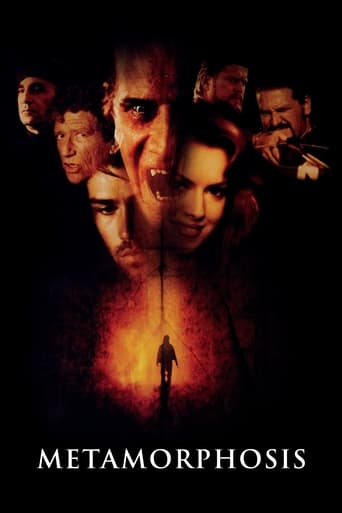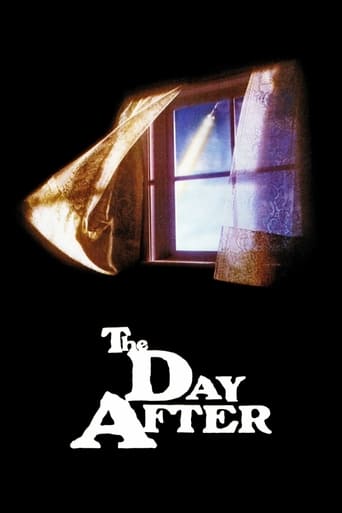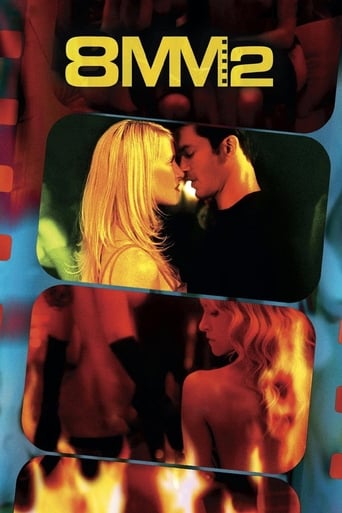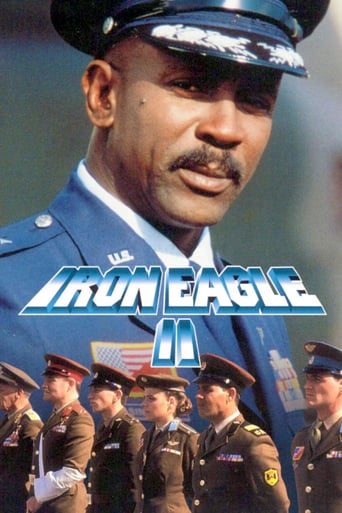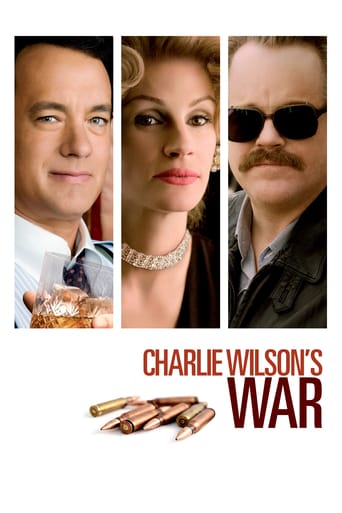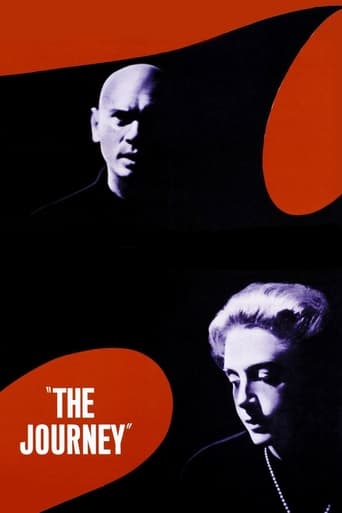
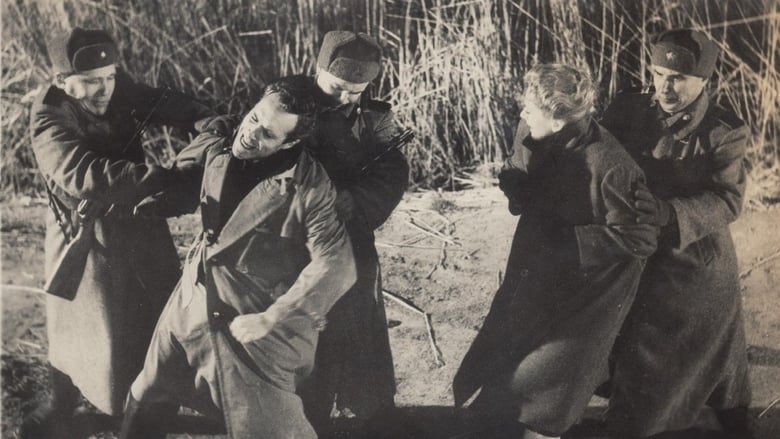
The Journey (1959)
A Communist officer falls hard for a married woman trying to escape from Hungary.
Watch Trailer
Cast
Similar titles
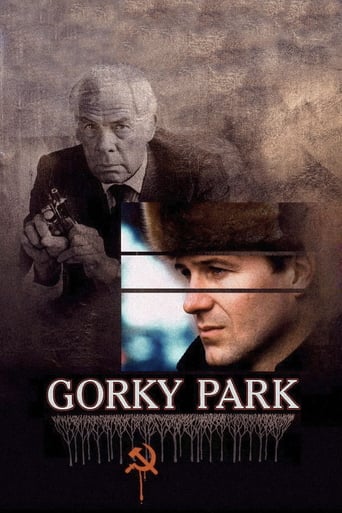

Reviews
Best movie of this year hands down!
If you don't like this, we can't be friends.
Am i the only one who thinks........Average?
The film creates a perfect balance between action and depth of basic needs, in the midst of an infertile atmosphere.
Even at the height of the Cold War, there were relatively few Hollywood films about the Soviet occupation of Eastern Europe; "The Journey", set during the Hungarian Revolution of 1956, is one of the few exceptions. A multinational group of foreign tourists find themselves trapped in Budapest by the outbreak of the revolution. There are no flights out of the country, but the Soviet authorities organise a bus to transport them across the Austrian border. They are detained, however, in a small border town by the local Soviet commander, Major Surov, and forced to stay in a local hotel. Among the group are an aristocratic Englishwoman, Lady Diana Ashmore, and her friend and travelling companion Henry Fleming. Although Fleming also claims to be English, and is travelling on a British passport, it soon becomes clear that he is an impostor. His real name is Paul Kedes and he is a Hungarian citizen who was imprisoned and tortured by the Communist regime. He was released from jail by the revolutionaries and is attempting to flee the country with the help of Lady Diana, his former lover. Surov is well aware that Fleming is not what he seems, but he hesitates to arrest him. A number of reviewers have commented on the links between this film and Guy de Maupassant's story "Boule de Suif", although the emphasis is rather different. In de Maupassant's story the main character was a prostitute and the moral dilemma confronting her was whether she should obtain the freedom of herself and her fellow passengers by sleeping with a German officer. (That story was set during the Franco-Prussian War). In "The Journey", the main moral dilemma explored is whether Diana should obtain the freedom of herself and her fellow passengers by betraying Kedes to the authorities (as some of them urge her when they discover the truth about his identity).Contrary to one reviewer's description of him, Surov is not "mean and nasty". The German officer in "Boule de Suif" is certainly a nasty piece of work; like many Frenchmen post 1871, de Maupassant clearly believed that Germanophobia was an essential element of French patriotism. Surov, however, is a more complex character, basically a decent man despite the nature of the regime he serves. During the Cold War it was unusual for a Red Army officer to be portrayed sympathetically by Hollywood; the West occasionally made films which portrayed Russian characters in a good light, but these were normally set either in pre-revolutionary Russia ("War and Peace") or based on works by anti-Communist writers such as Pasternak ("Dr Zhivago") or Solzhenitsyn ("One Day in the Life of Ivan Denisovich"). The film reunited Deborah Kerr and Yul Brynner, who had previously starred together in "The King and I". Both are good here, especially Brynner who brings out the various sides of Surov's character. He can be domineering and frightening, but also cultured and capable of decency. He has always been a dedicated Communist and a loyal supporter of the Soviet system, seeing the Russian forces in Hungary not as occupiers but as liberators who have freed the country from Fascism. He reacts to the Hungarian Revolution with the same baffled incomprehension with which a dedicated and conscientious British colonial official might have reacted to, say, the Mau Mau insurgency in Kenya or the EOKA uprising in Cyprus. For the first time he begins to question his loyalties as he realises that for many Hungarians the events of 1945 represented not liberation but merely the exchange of one form of oppression for another. Kerr's Diana is gracious and feminine as well as strong-minded and determined. The film also features a number of other well-known names- E.G. Marshall, Ann Jackson, Jason Robards, Anouk Aimee-, some of them in only minor roles. One contribution which stood out was from Robert Morley as the pompous, officious Englishman who appoints himself the leader of, and spokesman for, the group of travellers. My main problem with the film is that it perhaps tried to follow de Maupassant too closely by having Surov fall in love with Diana, thus giving him another reason to detain the travellers for as long as possible. For me the Surov-Diana-Kedes love triangle was an unnecessary diversion from the film's more interesting political themes. I felt that the film might have been more interesting had it tried to explore the causes of the Hungarian Revolution in more detail. I have no problem with a film which portrays an individual Soviet officer in a good light, but I felt that the character of Surov needed to be placed in context. Had all Soviet officials in the country, and their counterparts in the Hungarian Communist Party, been as liberal and decent as he then the Revolution would never have broken out. Hungarian viewers may well feel annoyed that one of the most tragic- and heroic- episodes in their country's history, their fight against an oppressive Stalinist regime, is here reduced to little more than the background to another flirtation between the stars of "The King and I". 6/10
"The Journey" is a very good film. Produced in the spring of 1958, in Vienna, and released in 1959, this movie was quite popular in his early years. Despite the political problems, which influenced the movie's success (because the story happens during the Hungarian Revolution, the Cold War), "The Journey" is a very good film, but not well-known. I think it should be released immediately on DVD, because most of the people who have seen it so far want to have it at home. One of the most important qualities of the film is the extraordinary chemistry between Deborah Kerr and Yul Brynner, their intense relationship. All their scenes together are very important, but they also reveal the strong feelings, the great passion and love between the characters (Major Surov and Diana Ashmore). Another quality is the script, which is very well written. It was even published as a novel, by the screen player George Tabori. The film keeps its tension from the beginning to the end. At first, we didn't know if Diana and the other travelers could leave Hungary, because the Communist Major discovers that Diana's friend, Paul Kedes, is Hungarian and he isn't allowed to leave the country. The Major falls deeply in love with Diana and this is, in fact, the true reason why he doesn't want to let her go. But after he embraces her and gives her one of the most memorable kisses ever seen on screen, and she kisses him, too, he lets her go. And the end of the film is one of the most dramatic endings ever filmed-the Major and Diana say "Goodbye!", she arrives at the frontier with all the travelers, including Paul, while Surov is shot several times by some Hungarians, so he dies. Yul Brynner is very, very handsome and Deborah Kerr is very beautiful, charming, refined, just like an English Lady. Yul and Deborah are perfect together. They are one of the greatest couples of the Golden Hollywood. A true moviegoer should watch this film. "The Journey" has everything that a good film should have-a great, captivating story, interesting characters, a wonderful direction (Anatole Litvak is, in my opinion, at his best). Finally, I want to give a message to Warner Bros. Studios or those who restore and release classic films: Please, release "The Journey" on DVD as soon as possible.
I really enjoy this movie. The first time it was on Turner Classic Movies. All the actors did very well but Brynner steals the show again like always ( he is so sexy!).This is one of the movie that you do see Brynner's emotions. Actually this movie this is the first I ever seen him laugh because he plays very strong, larger-than-life and serious roles in other movies. In this movie you see both a masculine, tough and sensitive side of Brynner .Brynner seems to be a "ladies'man" in this movie.That is amazing how Brynner eats the glass cup and speaks in his Russian tongue it drives me crazy in love. I don't understand when both Brynner and Kerr ( they both have very good chemistry) stars in a movie together and then Brynner always die at the end it kind of reminds you "The King and I" in a way.
"The Journey" is a romantic version of the cold war. It's about an English woman (Deborah Kerr) trying to smuggle her former love, a Hungarian scientist (Jason Robards, Jr.), out of Hungary during the Hungary Revolt in 1956. She's on board a bus with thirteen other international people who are trying to get out of Hungary through the Austrian border. Of course, the bus gets stopped by the Russians for a security check. The Russian officer-in-charge (Yul Brynner) becomes attracted to the English woman (Deborah Kerr)and delays the trip. Of course, the Russian officer knows the truth about the Hungarian scientist posing as a British citizen, but he decides not to arrest the scientist because he is waiting for the English woman to come to him. Of course, this all sounds absurd, but it is a fun movie to watch. Despite the romantic flow of dialogue between Mr. Brynner and Ms. Kerr, which seems inappropriate in the situation that they are in, the movie becomes suspenseful and interesting. The good acting overrides some of the silly dialogue. Perhaps, some people involved in the Hungarian Revolt would not appreciate this movie; they would consider it a piece of fluff. This is my favorite Yul Brynner role. He speaks with his own, masculine voice and is very attractive, especially when he becomes vulnerable. This is Deborah Kerr's second time working with Yul Brynner since they made "The King and I" in 1956. They make a very attractive couple. Too bad they never worked again. This was the second sexy role Ms. Kerr took since "From Here to Eternity". Despite the fact that Ms. Kerr was wearing heavy winter clothes throughout the movie, she was very beautiful and sensual. The fine supporting cast was headed by Jason Robards, Jr., in his first film role. Some of the international cast were recognizable, like for instance, Robert Morley from England. However, the rest of the actors, I have never seen before or since, were just great in the movie. In the background, it was fun to see Senta Berger, as one of the maids, speak a few lines of Hungarian. A few years later in 1966, she was in a movie, "Cast a Giant Shadow", with Yul Brynner as his leading lady. She is still working today.

